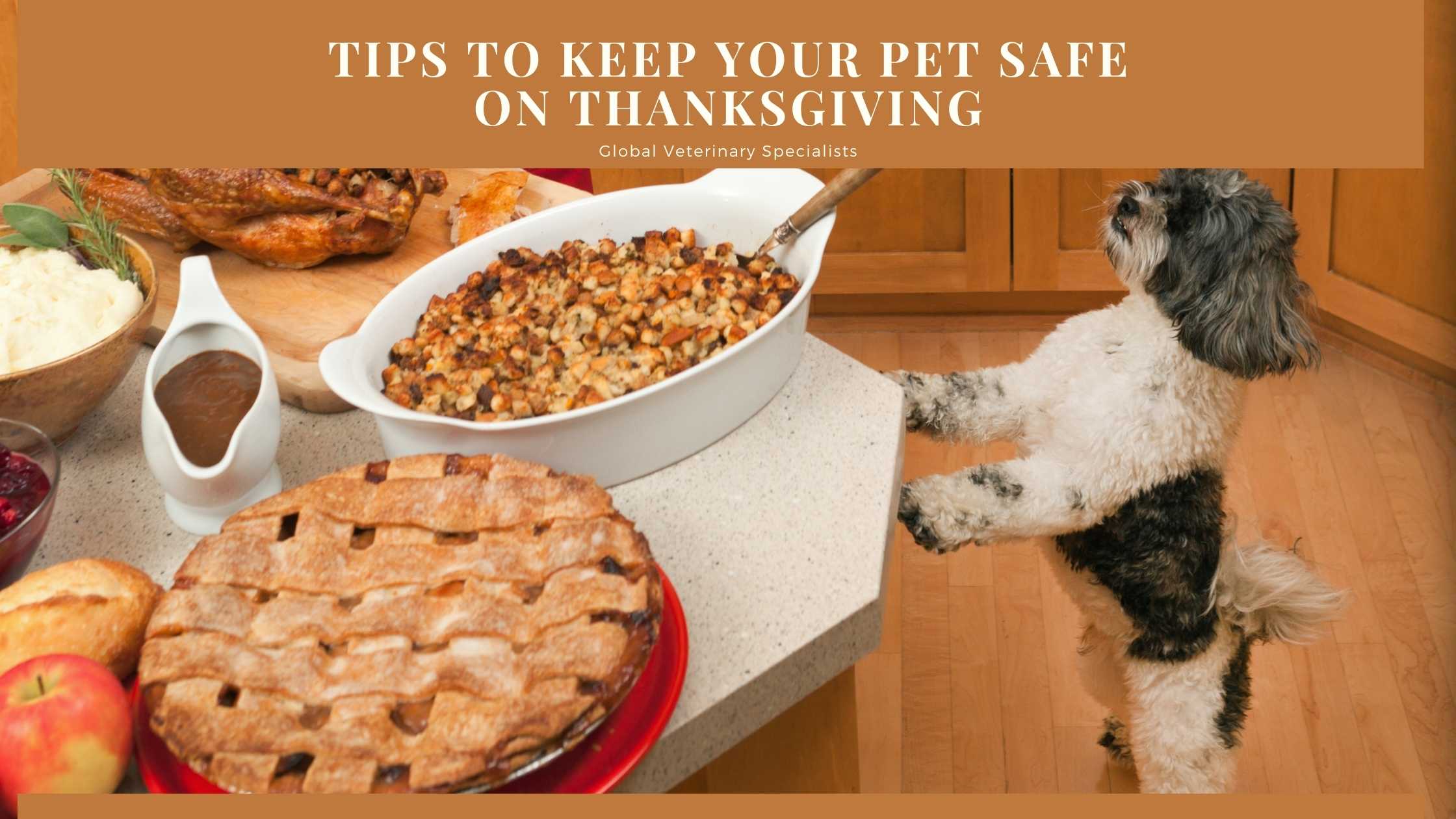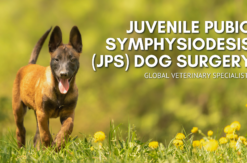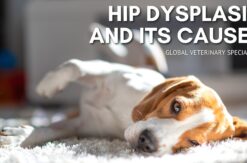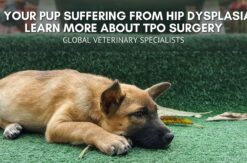Thanksgiving is on Thursday, November 26, this year. It is a time to connect with friends and family, watch the Macy’s Thanksgiving Day parade, and express gratitude. However, you choose to celebrate the day; taking extra steps to ensure safety, including your pets’ safety, is essential. The following tips will help prevent having to make an emergency veterinary appointment.
Thanksgiving Day Favorites
Thanksgiving Day is a national holiday celebrated annually on the fourth Thursday of November since 1939. Before then, according to History, it was celebrated on the fifth Friday of the month.
Many people focus on gathering with friends and family to give thanks and feast on holiday favorites. Whole turkeys, sliced thin, and stuffing and mashed potatoes are often the main dishes at the holiday table. Many of these staples should not be shared with your pet, no matter how much your s/he begs, without taking some necessary precautions.
Additionally, some special activities include watching parades and beginning to put up decorations for the winter holiday. You may also enjoy watching classic films centered around Thanksgiving.
Tips to Keep Your Pets Safe
Boneless Only Please
According to the ASPCA, while it is acceptable to give your pet a small bite of turkey, it is crucial to make sure it is thoroughly cooked and is boneless. Please avoid giving your dog turkey legs or wings as the “bones can be problematic for the digestive tract.”
No Sweets for Your Pet
As mentioned in our previous blog, “Halloween Safety Tips for Your Pets,” sweets are only for human consumption. Pies, sweet bread, and other deserts should not be offered to your pets. These can cause stomach upset or, worse, a life-threatening emergency. Any raw dough also receives a resounding no.
Keep Poinsettias Out of Reach
Poinsettias, while beautiful, are toxic to pets. They are just one of many plants on ASPCA’s list of toxic and non-toxic plants. If you decide to display these in your home, please prevent your pet from reaching them. You may also want to keep the ASPCA poison control number – (888) 426-4435 – easily accessible.
Global Veterinary Specialists
Global Veterinary Specialists recognize that dogs and cats encounter orthopedic injuries, disabling difficulties, and diseases that can affect their lives.
Each GVS surgeon has more than twenty years’ experience handling the most complex problems, including hip dysplasia, that may arise in your pets.
We are teachers, mentors, inventors, clinical researchers, and surgeons driven to achieve excellence for every animal.
Please contact us today to learn how we can help restore your four-legged family member’s quality of life.



